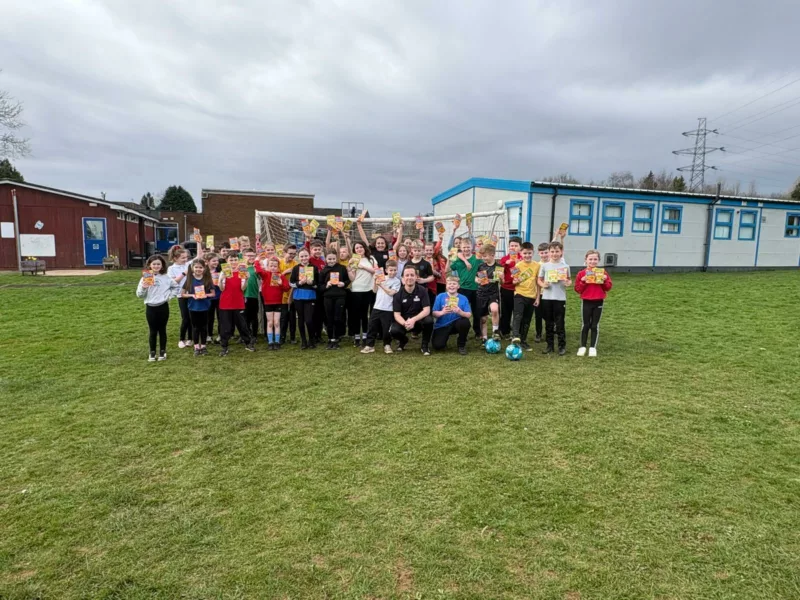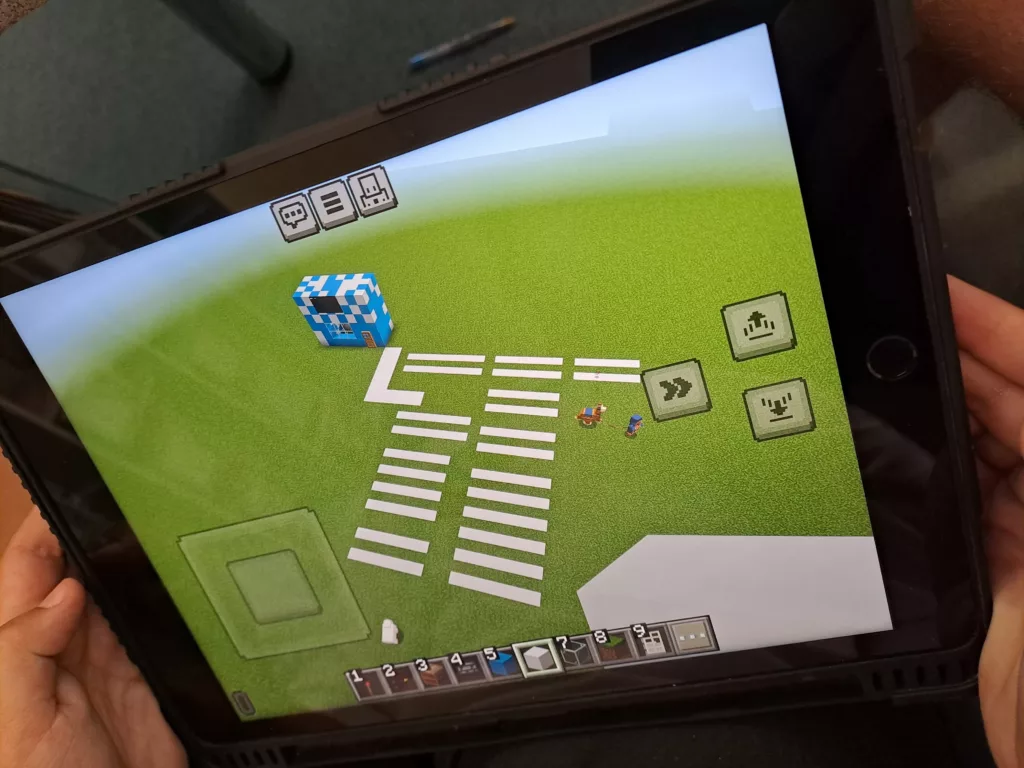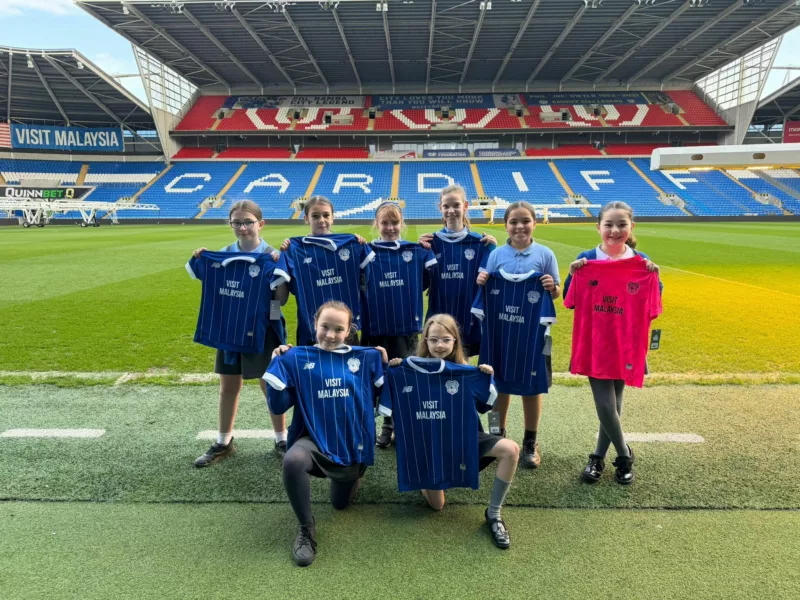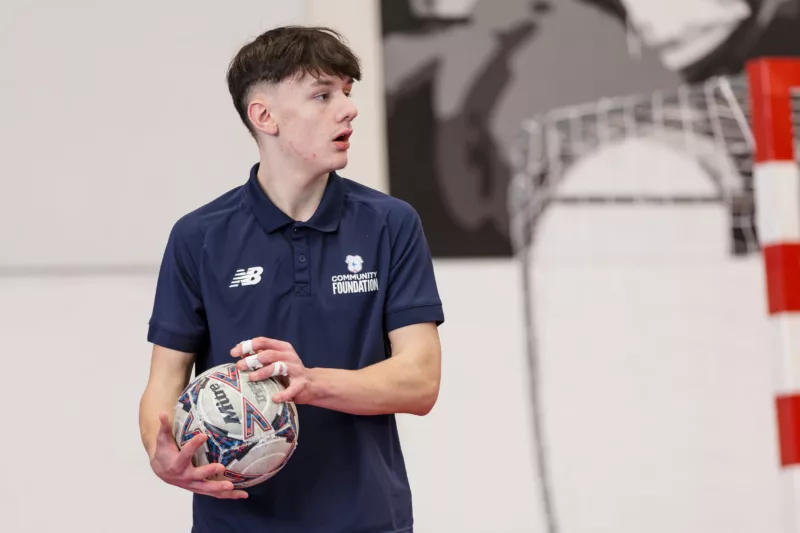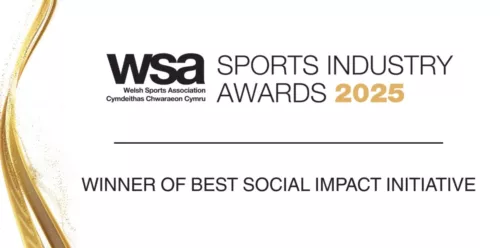Cardiff City FC Community Foundation has launched its first-ever 'Stadium of Tomorrow' competition — a creative environmental challenge using Minecraft, designed to spark imagination and embed sustainability into local classrooms across South Wales.
The challenge, which will now run annually, invited pupils from our partner primary schools — with entries coming from Brynnau Primary School, Pentrebane Primary School, Bryn Deri Primary School, and Christ the King R.C. Primary School — to reimagine a sustainable football stadium of the future.
Using Minecraft, pupils explored innovative ways to reduce environmental impact and enhance the matchday experience. Entries were scored on creativity, sustainability, and design functionality, with teams producing detailed stadium builds that featured green innovations such as under-pitch rainwater collection systems, solar panels, electric transport, and community food zones powered by local producers.
This new digital competition supports the Community Foundation’s commitment to creating sustainable impact through education and skills development.
By linking football-themed resources with real-world issues and drawing inspiration from Cardiff City FC—we’re helping young people take their learning to the next level, while promoting a greener, more sustainable future for all.
- 1st - Pupil from Christ the King Catholic School
- 2nd - Pupil from Pentrebane Primary School
- 3rd - Pupil from Brynnau Primary School
Winners will receive a range of exciting prizes, including the CCFC Stadium of Tomorrow Cup, Cardiff City FC Stadium tours, certificates, and 2025/26 matchday tickets.
Schools will be contacted directly to share which entries have won due to multiple entries per school.
As we continue to grow ‘Stadium of Tomorrow’ in years to come, we aim to reach even more schools and young people, making learning relevant and rooted in the values of sustainability, creativity, and football.
Luke Jenkins-Jones, Primary Education Coordinator said:
“This project has shown how football can be a powerful tool for learning. Pupils didn’t just build stadiums, they developed problem-solving skills, explored sustainability, and connected with the values of the Club.
We’ve been amazed by the ideas pupils came up with—from renewable energy systems to inclusive fan experiences. We’re looking forward to seeing how we can develop this competition in the upcoming season.”
